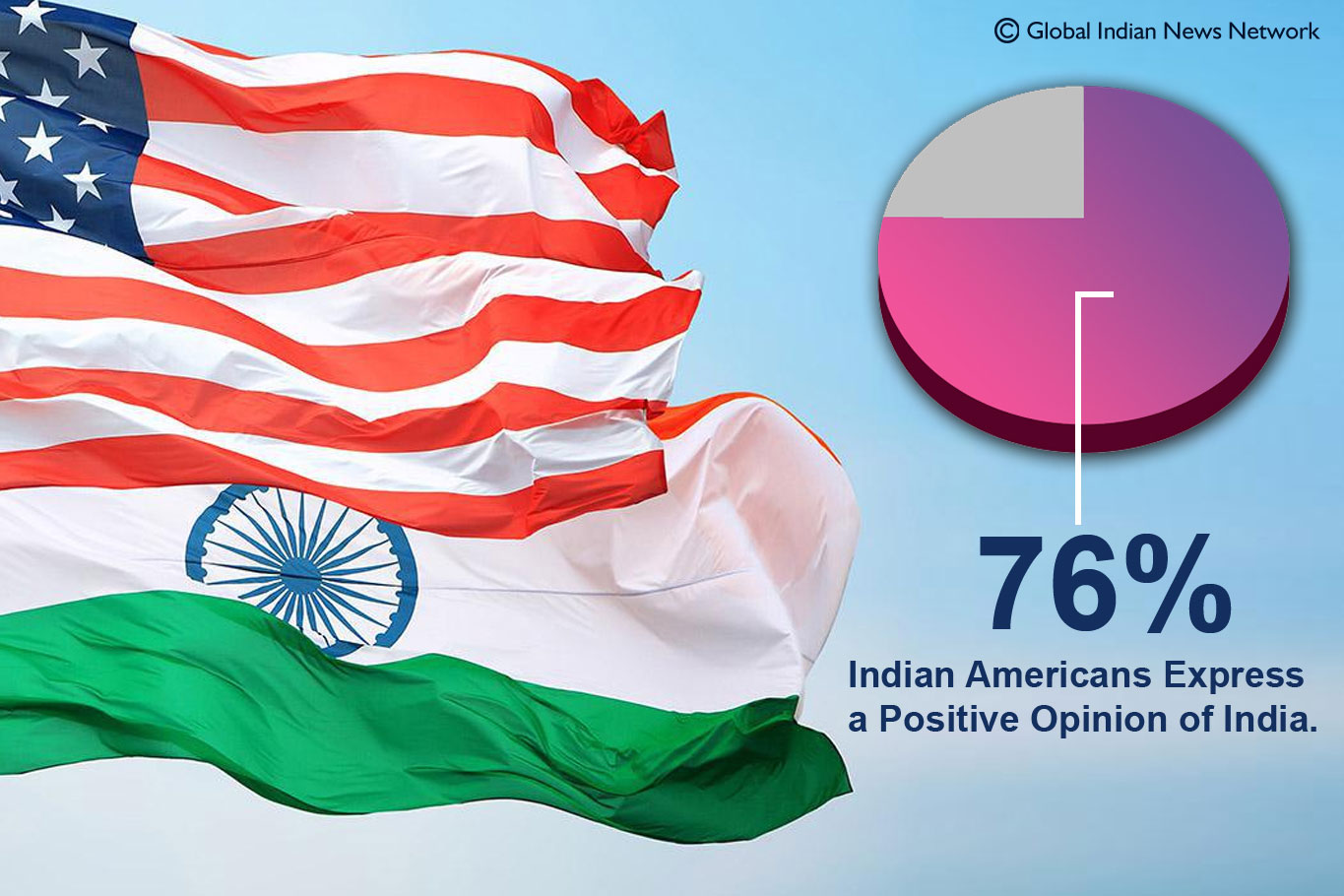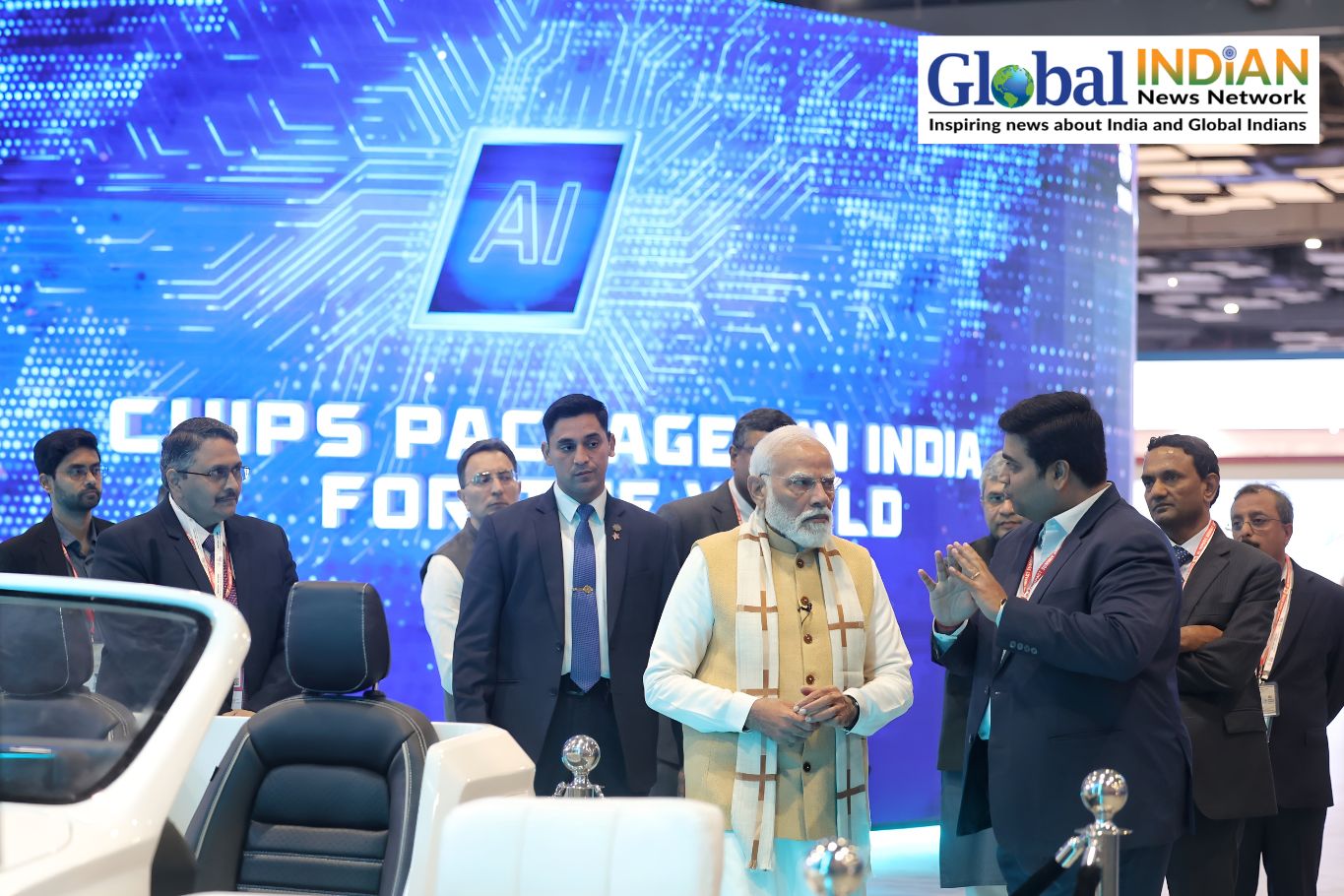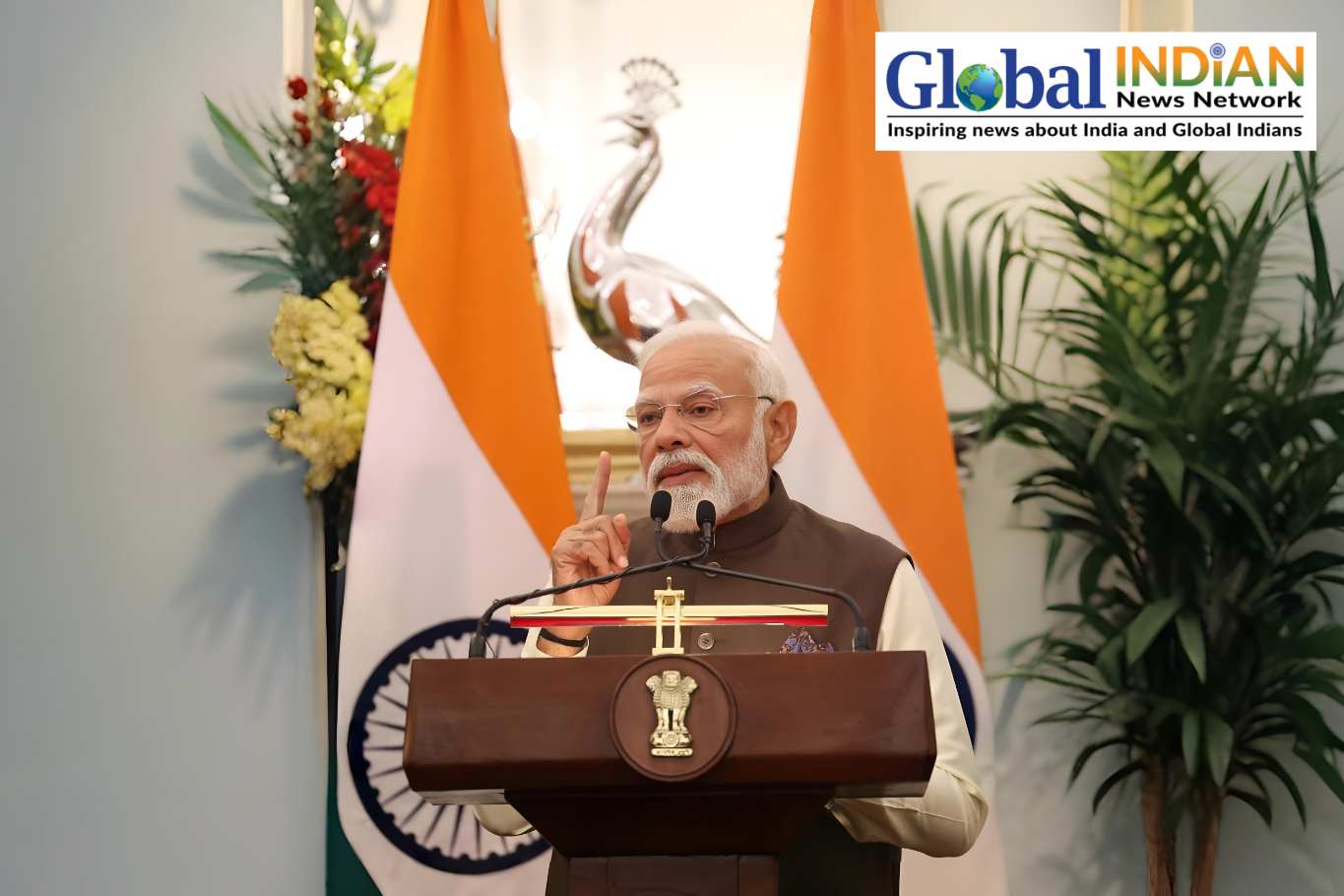 A recent survey conducted by Pew Research delves into the perspectives of Asian Americans, including individuals of Indian descent, towards their ancestral homelands. The survey encompasses responses from immigrants and U.S.-born individuals with roots in various Asian countries like India, China, the Philippines, South Korea, Japan, among others.
A recent survey conducted by Pew Research delves into the perspectives of Asian Americans, including individuals of Indian descent, towards their ancestral homelands. The survey encompasses responses from immigrants and U.S.-born individuals with roots in various Asian countries like India, China, the Philippines, South Korea, Japan, among others.
The findings indicate that the majority of Asian Americans, including Indian Americans, hold positive attitudes towards their countries of origin. Among adult Indian Americans, an overwhelming 76 percent have a favorable opinion of India. However, Chinese Americans displayed a less positive view of their home country.
Despite the positive feelings towards India, 65 percent of Indian adults prefer to stay in the United States, with only 33 percent expressing a desire to return to their homeland.
The survey reveals that immigrants who have lived in the U.S. for a shorter period are more inclined to consider returning to India compared to those who have been in the U.S. for a longer time. Interestingly, nearly all U.S.-born Indian adults (85 percent) affirm that they would not move to India. Of those open to returning, 52 percent cited the lower cost of living in India as a significant factor influencing their decision.
Educational background also shapes opinions. Among all Asian Americans, individuals with a postgraduate degree are more likely to hold favorable views of India (42 percent) compared to those with a bachelor’s degree (35 percent) or less formal schooling (27 percent).
Regarding future global economic power, about half of Asian Americans (53 percent) believe that the US will retain its position as the world’s leading economic power in the next decade. Meanwhile, 36 percent of Asian adults express confidence in China’s emergence as the leading economic power, with a lower percentage endorsing India and Japan for the same role.
Notably, Indian adults stand out as the most optimistic about India’s prospects, with 15 percent holding the belief that India will be the world’s leading economic power in the next decade. In contrast, no more than 2 percent of any other origin group in the survey share this belief.









